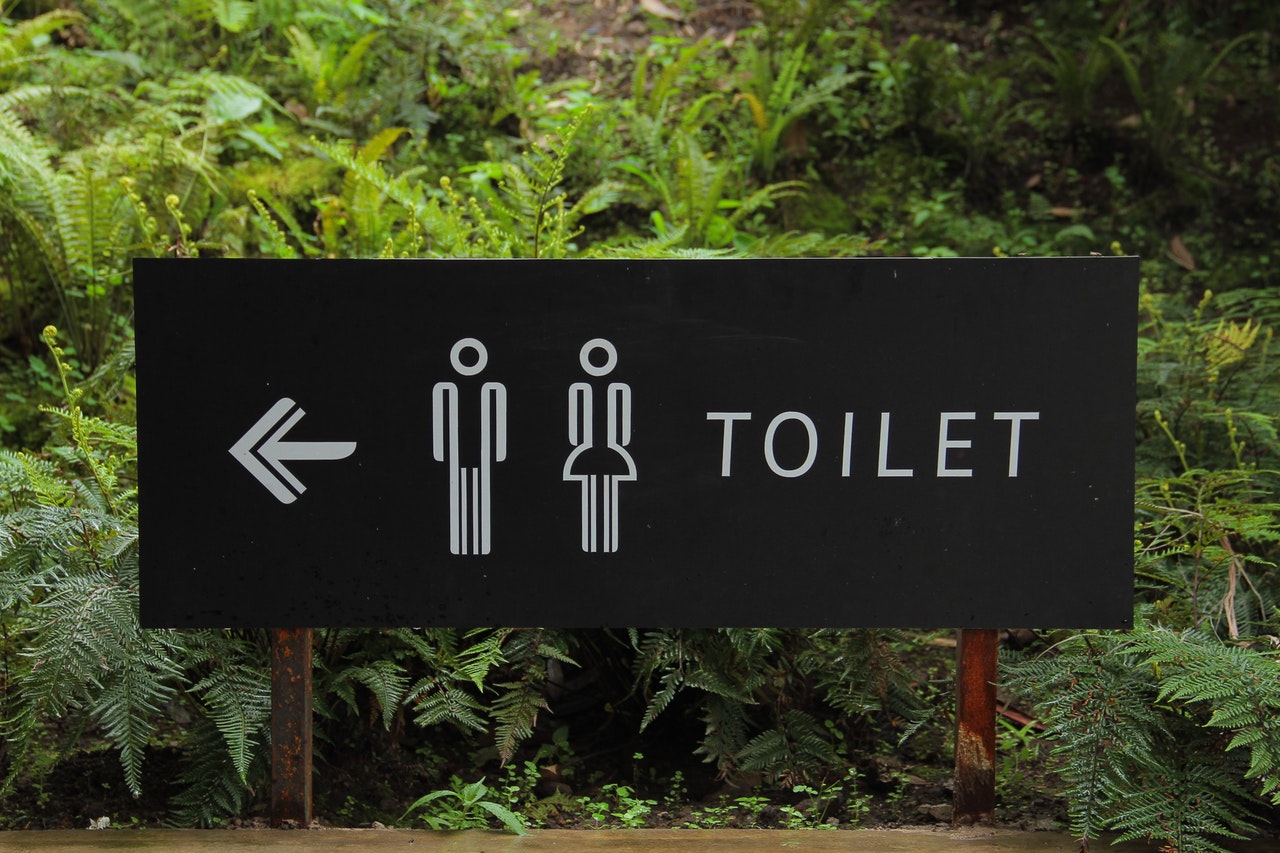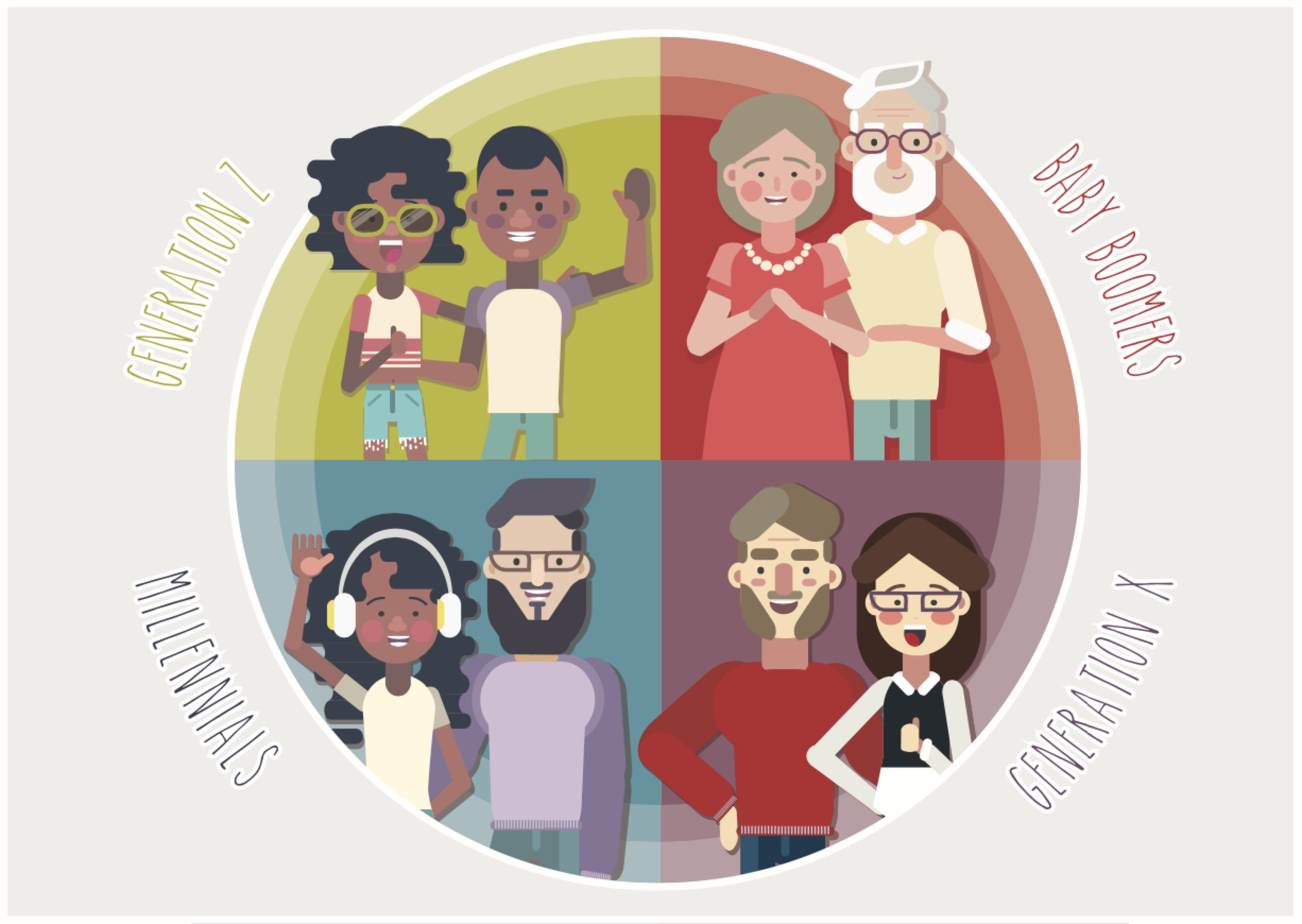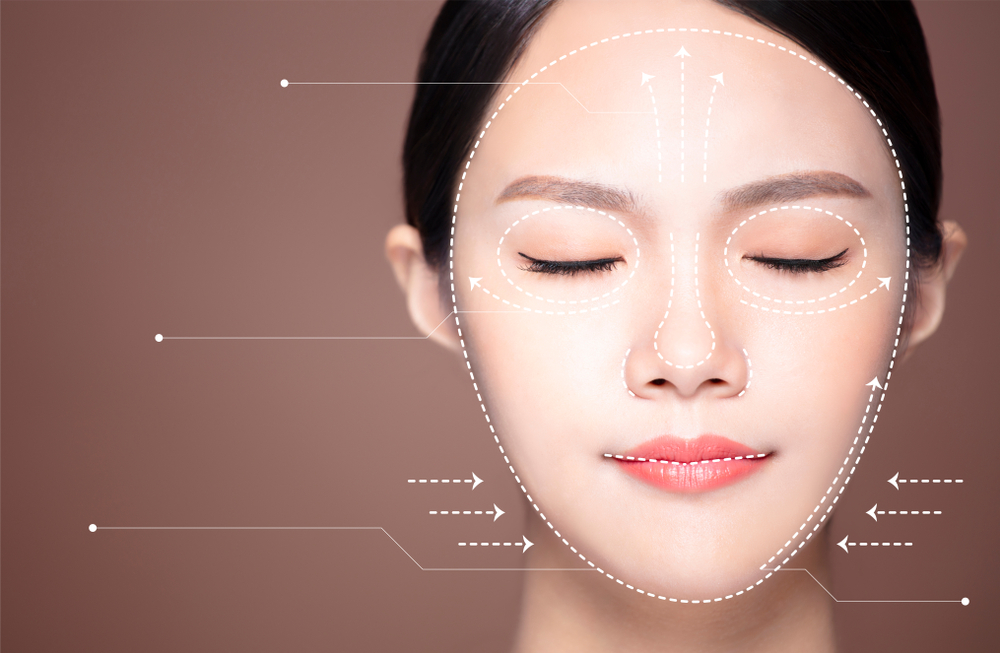Reading Time: 2 minutes
- In the 1920s, psychologist Carl Jung conceived that introverts focus on the mind’s contents (alone-time) and extroverts focus on external objects (community, social gatherings).
- Introversion was mistaken as shyness for a long time, but with recent awareness, most people now know that introversion is a ‘preference’ while shyness comes out of distress.
- The preference, however, is not merely psychological; our physiology (the way our body parts function) has a significant role to play.
- We are born with a brain component that decides whether we will favour introversion or extroversion.
- That component is called Ascending Reticular Activating System (ARAS); it is a part of the brainstem, which connects our brain to the spinal cord.
- ARAS is like a hollow pipe, and it is responsible for supplying stimuli (things or thoughts that trigger action) to the brain so that the brain remains awake.
- In introverts, this hollow pipe is much broader than in extroverts.
- So, very little stimulus and effort are required for the ARAS to kick the brain into an action-state; in extroverts, ARAS is narrow, so it has to suck in a lot of stimuli to keep the brain wakeful.
- In research, it was found that introverts salivate more than extroverts in response to a drop of lemon juice because of increased activity in ARAS, for which food is also a stimulus.
- Too much stimulation, therefore, leaves introverts exhausted, while extroverts want the party to carry on for a ‘bit’ longer.
- But ARAS explains only a part of the reason; the other part is the environment.
- Research conducted on twins suggests that physiology contributes between 39% to 58% to a person being an introvert or extrovert; the remaining is determined by the environment.
- However, the family environment that the twins share is far less important than individual environmental factors that are not shared between siblings.
- The defining importance of our brain design in this classification is also established because introverts have higher blood flow in brain areas, which are responsible for planning & problem-solving.
- On the other hand, extroverts have more blood flow in brain areas, which experience sensory and emotional experiences.
- Also Read:
Why are men more violent than women?
Why most people start their day with bowel movemens?
Image courtesy of Rodnae Productions
Reference shelf :






















